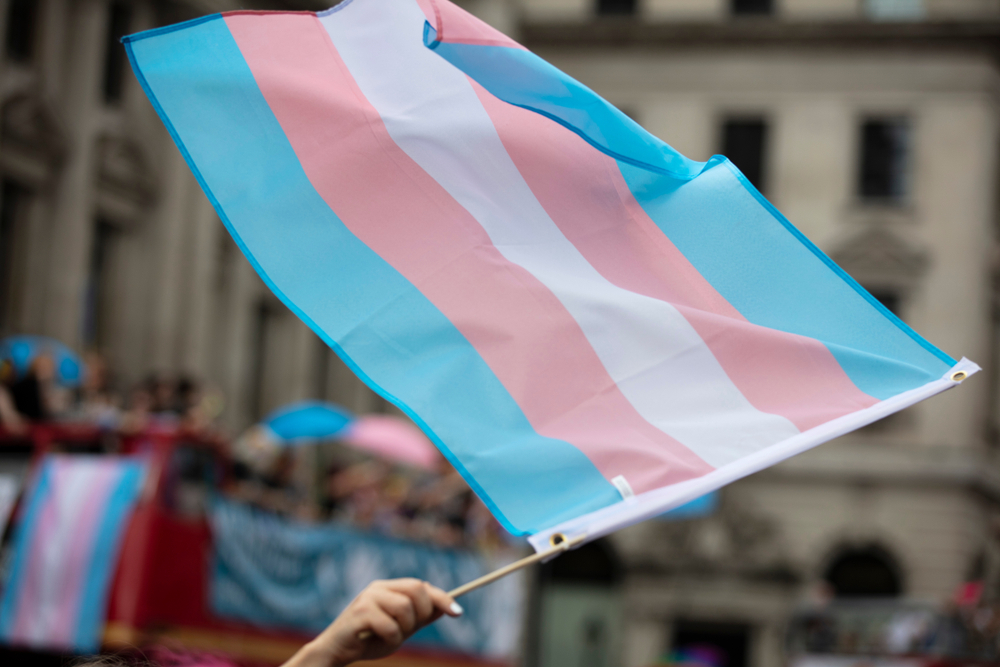Alpha Phi Alpha Fraternity, Inc., the first Black Greek-letter fraternity founded in 1906 at Cornell University, is currently facing internal and external backlash over a proposed amendment to ban transgender members. This amendment is under consideration during its Constitutional Convention in Chicago, which started July 10.
Understanding the proposed amendment
The amendment suggests restricting membership to individuals born male who continue to identify as male. This move has sparked significant controversy within the fraternity, highlighting a divide between its national leadership and the broader, often younger membership.
Community and member reactions
Many members and observers have criticized the proposed policy as discriminatory, exclusionary, and contrary to the fraternity’s long-standing commitment to human rights. Notable members and scholars within the fraternity have expressed disappointment, pointing out the contradiction between the fraternity’s historical civil rights advocacy and the proposed exclusionary amendment.
The role of Alpha Phi Alpha in racial uplift
Historically, Alpha Phi Alpha has played a pivotal role in the Black community, contributing significantly to the civil rights movement and racial uplift. The fraternity’s legacy includes influential members like Thurgood Marshall and Martin Luther King Jr., making the current controversy particularly poignant.
Broader implications and ongoing debate
The debate over the amendment has revealed a generational and ideological split within the fraternity, reflecting broader societal shifts and the ongoing struggle for inclusivity and recognition of diverse identities within traditionally conservative organizations. The outcome of this amendment could influence the fraternity’s direction and role within the larger community.
As Alpha Phi Alpha contemplates this significant change to its bylaws, the fraternity stands at a crossroads between its historic values and the evolving norms of inclusivity and equality. The decision could redefine brotherhood in one of the most storied Black fraternities in history.
















